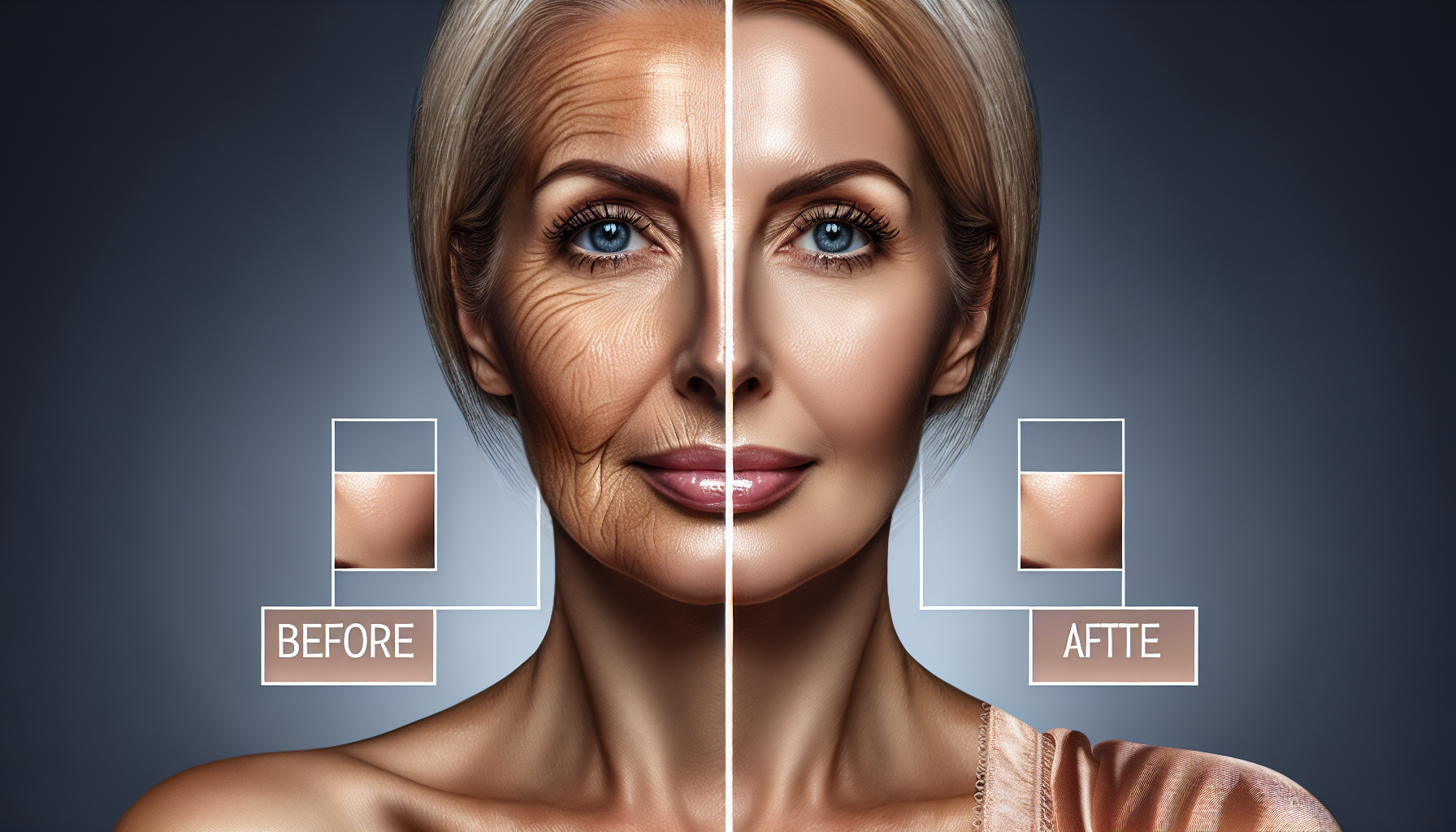The quest for youthful skin has been a perennial pursuit throughout human history. In the modern era, this pursuit has evolved into a sophisticated array of anti-aging skin treatments, ranging from over-the-counter creams to advanced dermatological procedures. Understanding the effectiveness of these treatments is critical for those seeking to maintain skin vitality and appearance. This article delves deep into the various anti-aging strategies, evaluating their benefits, limitations, and the science that underpins their results.
The Science of Skin Aging
Skin aging is a natural process influenced by a combination of factors, including genetics, environmental exposure, lifestyle choices, and the body’s own biological clock. As we age, our skin undergoes structural changes: it loses collagen, the protein that keeps it firm; elastin, which maintains skin elasticity; and hyaluronic acid, which provides moisture and fullness. These changes result in wrinkles, fine lines, and a loss of skin tone and texture.
To combat these signs of aging, a multi-faceted approach is often necessary. It’s essential to consider the role of diet in managing skin health, as certain nutrients can profoundly impact the skin’s ability to rejuvenate and repair itself.
Over-The-Counter Creams and Serums
The market is flooded with creams and serums claiming to reverse the signs of aging. Ingredients such as retinoids, peptides, antioxidants like vitamin C, and essential fatty acids are commonly found in these products. These ingredients can provide benefits by stimulating collagen production, fighting free radicals, and maintaining skin hydration, which can help to improve skin texture and reduce the appearance of fine lines.
While these treatments are convenient and generally well-tolerated, their effectiveness can vary widely. It is important to select products with clinically proven ingredients and to set realistic expectations about the results.
Professional Dermatological Treatments
For those seeking more dramatic results, professional treatments may be worth considering. Procedures such as laser therapy, chemical peels, and microdermabrasion can remove the outer layers of skin, stimulate collagen production, and improve skin tone and texture. More invasive options, like facelifts or filler injections, offer more significant changes but come with higher risks and longer recovery periods.
A comprehensive review of professional treatments can be found through expert resources like the American Academy of Dermatology. These resources can provide in-depth information on the efficacy and safety of various dermatological procedures.
The Role of Lifestyle in Skin Aging
Lifestyle factors, such as sun exposure, smoking, and stress, can accelerate the skin aging process. How stress affects skin barrier function and what to do about it is a crucial aspect of any anti-aging regimen. Protecting the skin from UV radiation with broad-spectrum sunscreen, leading a smoke-free life, and managing stress through mindfulness or exercise can significantly influence the skin’s aging process.
Advances in Anti-Aging Research
The field of anti-aging research is constantly evolving, with new treatments and technologies on the horizon. Growth factors, stem cells, and gene therapy are areas of intense study, offering potential breakthroughs in the way we understand and treat skin aging.
Staying informed on the latest research can be facilitated by visiting niche, scientifically rigorous platforms like PubMed for peer-reviewed studies on the latest advances in skin aging treatments.
Holistic Approaches to Skin Health
While topical treatments and procedures can be effective, a holistic approach to skin health can yield the best results. This includes a balanced diet rich in antioxidants, regular exercise, adequate hydration, and sufficient sleep. Understanding the role of skin care in holistic wellness integrates these elements into a comprehensive lifestyle strategy that supports skin health from the inside out.
Choosing the Right Treatment for You
With the myriad of options available, it may seem daunting to choose the right anti-aging skin treatment. It’s essential to understand your skin type, concerns, and goals. Consulting with a dermatologist or skin care professional can provide personalized recommendations based on your unique needs.
For further guidance, exploring resources like The Benefits of Multi-Step Skin Care Routines can offer insights into creating an effective skin care regimen that incorporates anti-aging treatments.
Conclusion
Evaluating the effectiveness of anti-aging skin treatments requires a combination of scientific understanding, lifestyle considerations, and personalized skin care strategies. While no treatment can halt the aging process entirely, a combination of proven products, professional procedures, and a healthy lifestyle can significantly improve the appearance of aging skin and promote overall skin health.
As the science of skin care continues to advance, staying informed and adopting a holistic approach will remain the cornerstones of effective anti-aging strategies. By making informed choices and consulting with professionals, individuals can find the treatments that best suit their needs and enjoy healthier, more youthful-looking skin for years to come.



